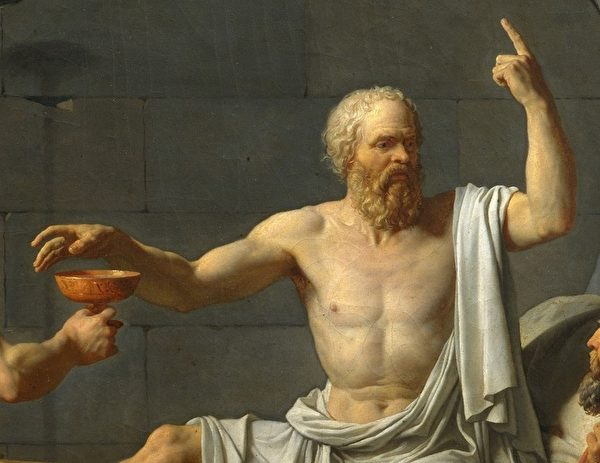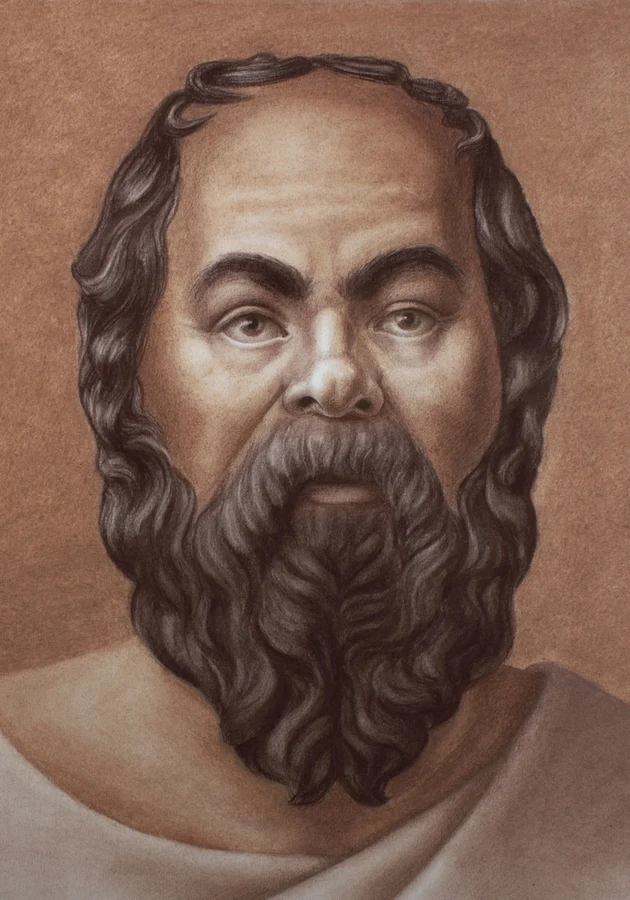Reformed education system

In order to ensure that all members of society have equal access to freedoms, rights, and opportunities while also ensuring that those who are least fortunate are taken care of, social justice must be upheld (Robinson). Education access is a social justice problem.
The educational system was designed with simplicity back then. According to their responsibilities in Athens, boys, girls, and military groups were all required to attend school. Girls stayed at home with their moms, for instance. They saw homeschooling as an opportunity to develop their domestic work abilities. Men received formal education that emphasized reading, writing, and physical activity. They were allegedly being sent to the military and for political engagement, respectively.
Socrates, who favored the same type of education for all genders, spearheaded the push to standardize this system. He was also in favor of educating the city's watchmen, especially the military and academics. Similar to this, he made an effort to divide the educational system into acrobatics for physical growth and music for spiritual nourishment. He advised youngsters to engage in play instead of active learning. Several other Sophists contributed to these reforms, but Socrates was unquestionably the main driver. In Athens, he thus planted the seeds of a modernized educational system, bringing about the practice of higher education.










